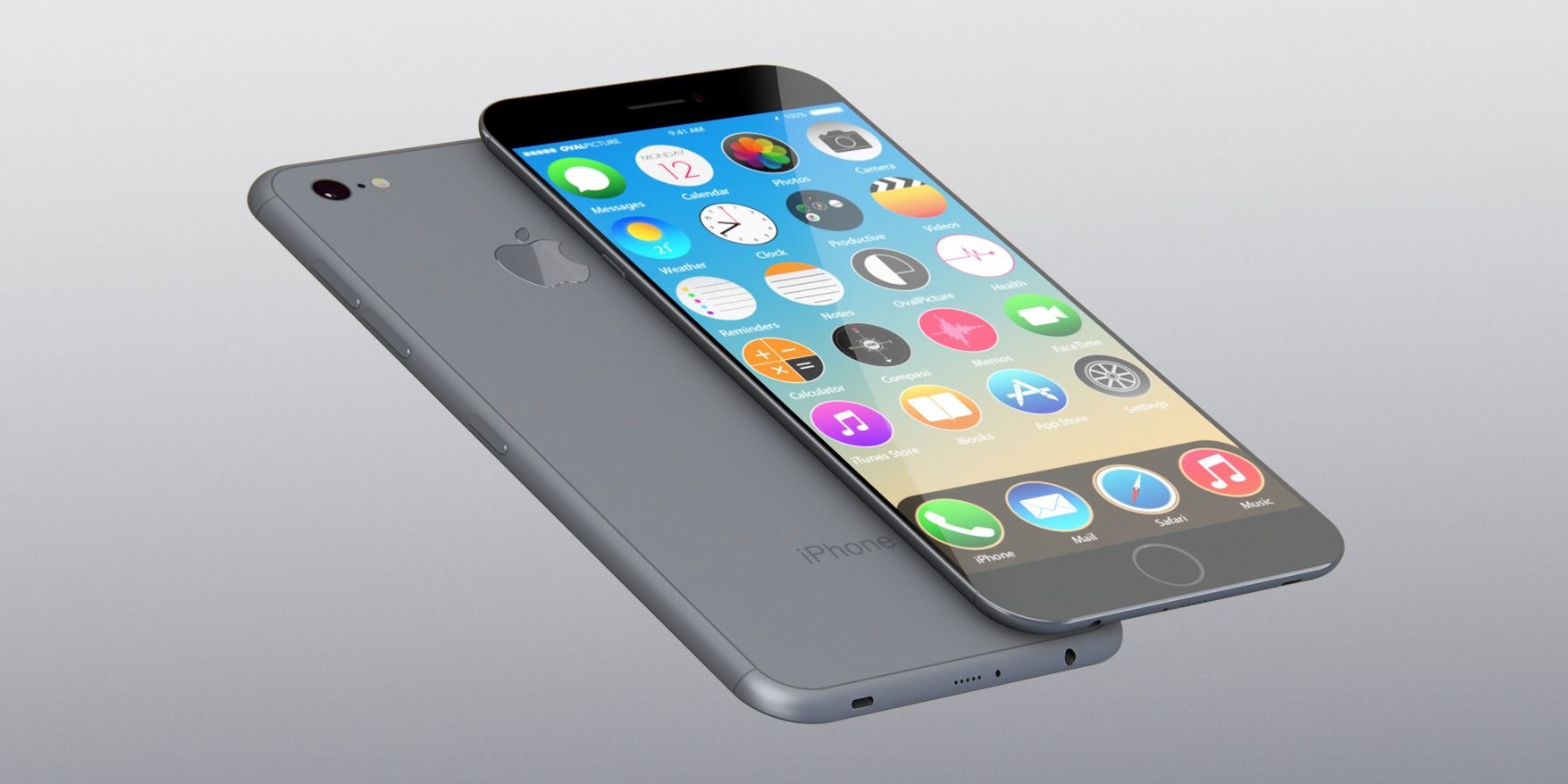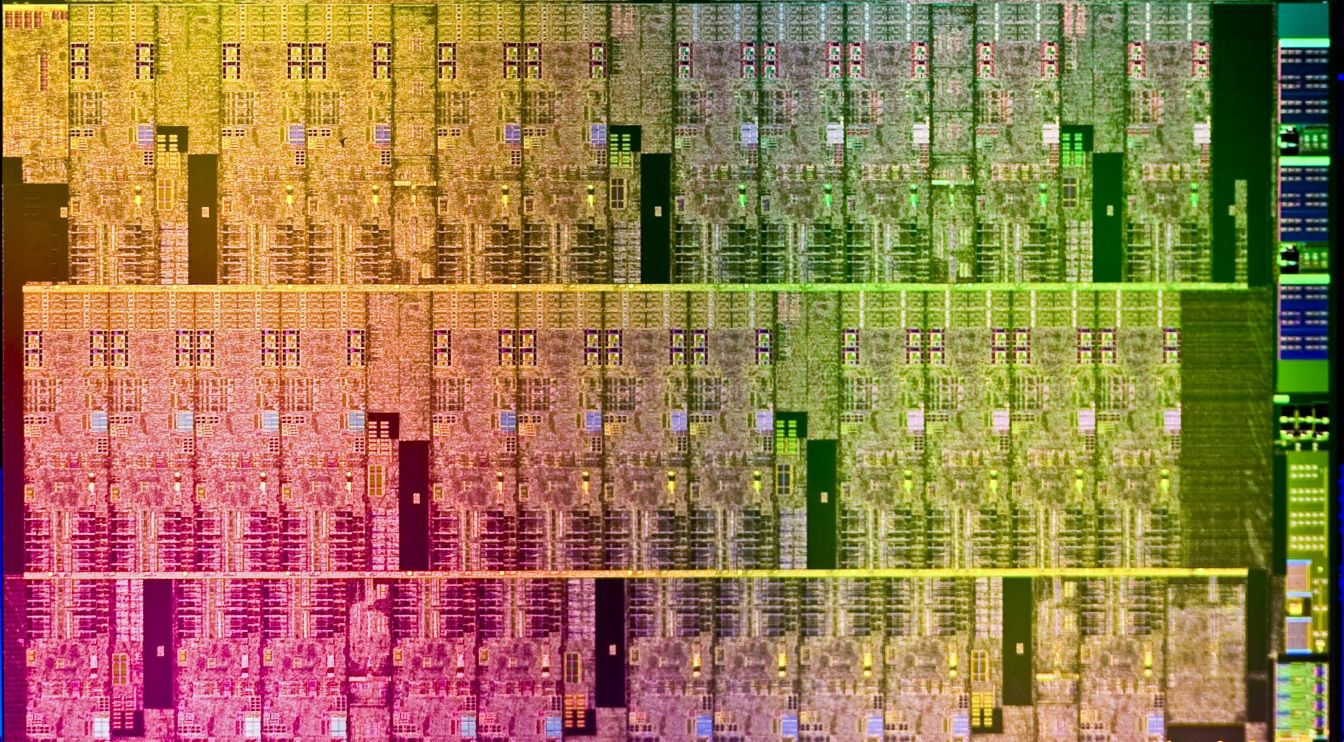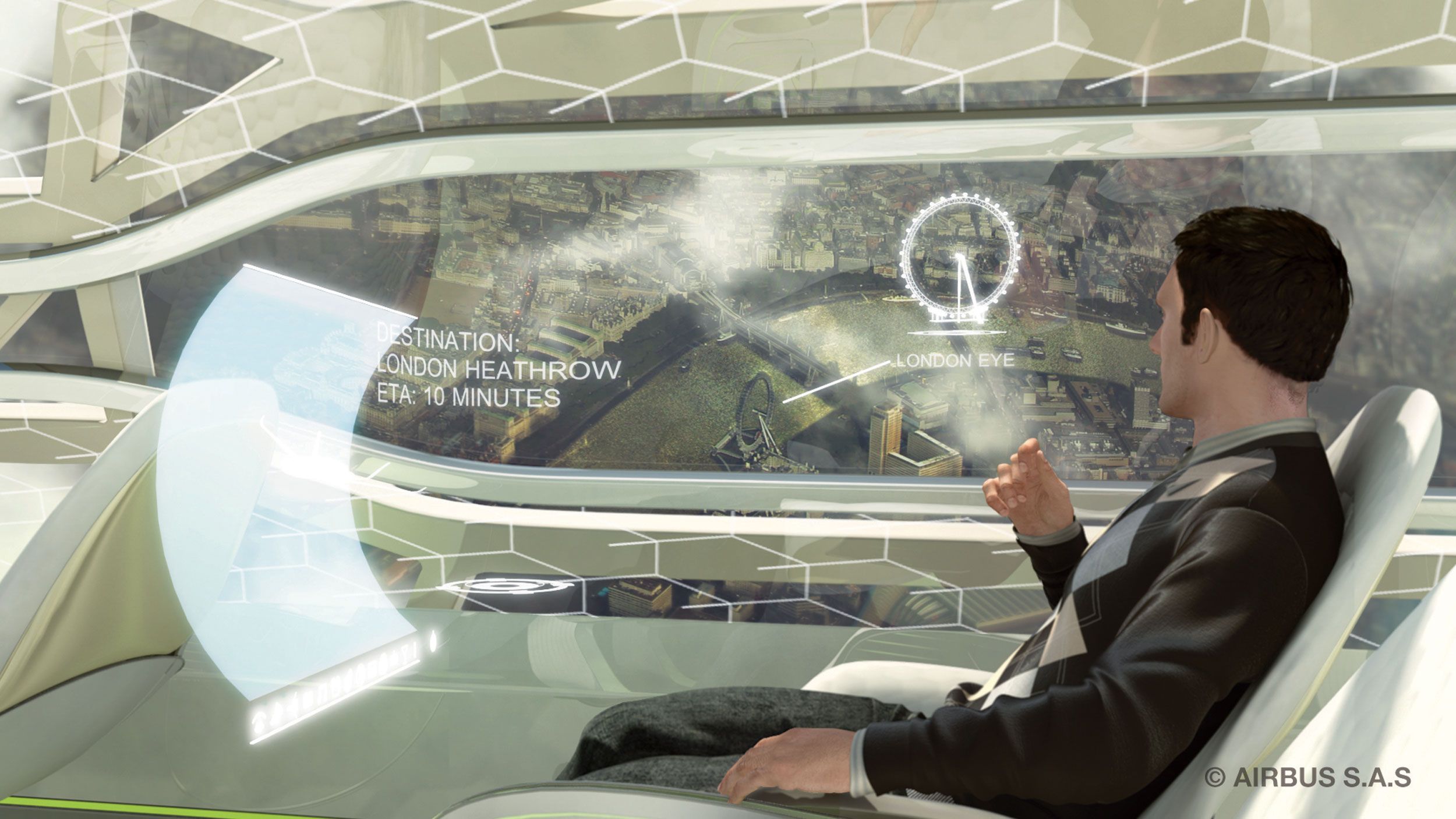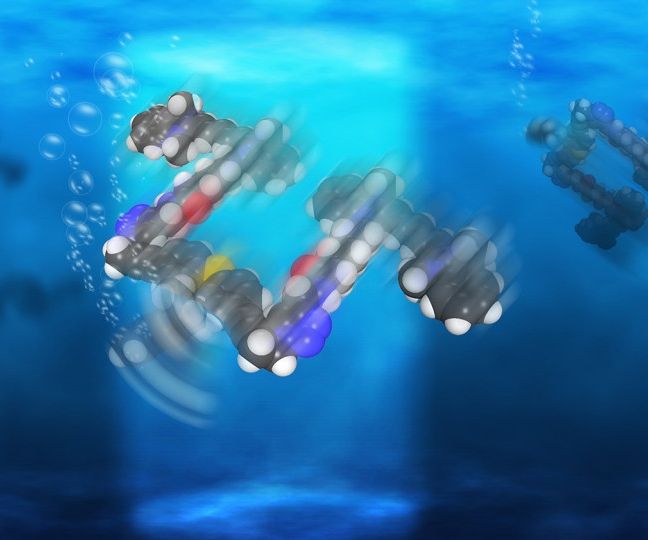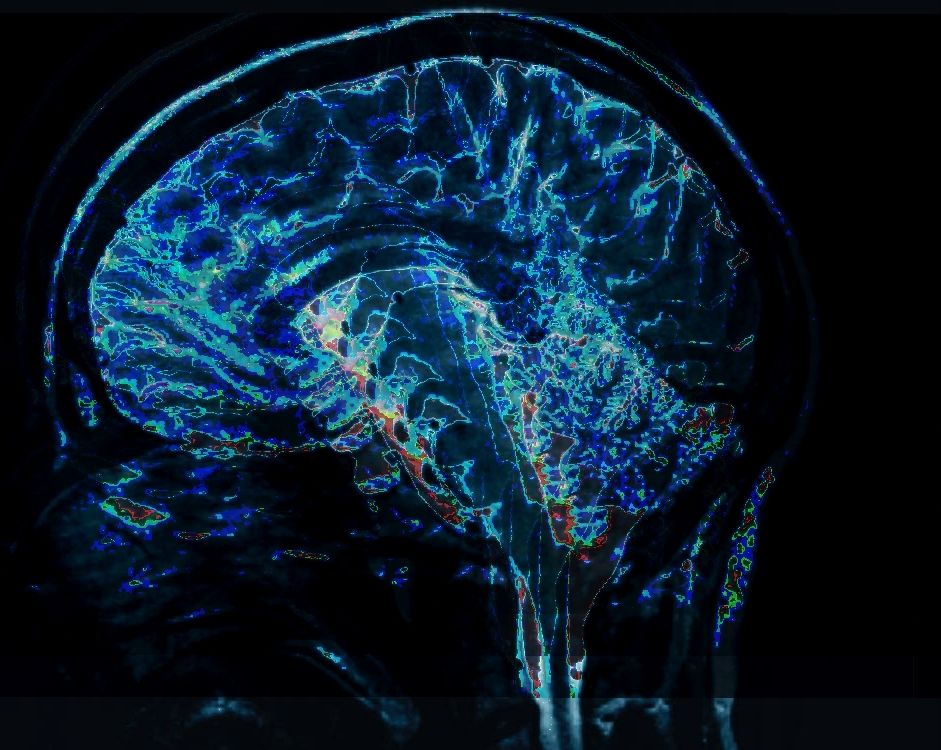Page 11908
Nov 17, 2015
Apple might release 3 new iPhones next year
Posted by Shailesh Prasad in category: mobile phones
Everyone is waiting for the iPhone 7, but reports suggest we might see more than two size options available for Apple’s next smartphone.
Nov 17, 2015
Gigaclear will trial 5,000Mbps fibre Internet access in some UK towns
Posted by Shailesh Prasad in category: internet
Nov 17, 2015
Space Mining Bill Passes In Congress
Posted by Shailesh Prasad in categories: business, geopolitics, policy, space, treaties
According to international treaties, no country is allowed to own things like moons or asteroids. But what about a company?
A new bill would allow space mining companies to own pieces of space. Although they couldn’t own a whole asteroid, for example, the bill would ensure that space mining businesses would legally own the resources they extract from that asteroid.
Last week the bill passed in the Senate with a few amendments, and yesterday those amendments were accepted in the House of Representatives. Now the bill is off to the Oval Office, where space policy experts predict President Obama will sign it into law.
Nov 17, 2015
Intel will ship Xeon Phi-equipped workstations starting in 2016
Posted by Shailesh Prasad in category: supercomputing
Intel’s new Xeon Phi won’t just power next-generation supercomputers — it’s going to make a debut in workstations as well.
Nov 17, 2015
This drivable car was just 3D printed in 44 hours
Posted by Shailesh Prasad in categories: 3D printing, transportation
Nov 17, 2015
Airbus Envisions Transparent Airplane Cabin Walls in Future
Posted by Shailesh Prasad in categories: business, internet, transportation
Transparent walls and customized cabins may be ahead, according to Airbus.
If you think in-flight Wi-Fi and lie-flat seats are cutting edge, just wait until 2050. That’s when aircraft cabins will feature holographic pop-up gaming displays and seats that adjust to each passenger’s size and shape, according to Airbus. In its vision for the future, Airbus predicts that the cabin walls of planes will be transparent, providing amazing views of the earth. Those with vertigo could block the view with an opaque hologram around their seat. Themed zones will replace first, business and economy classes, so individuals could choose areas in which to relax, play games, interact with other passengers or hold business meetings with people on the ground. This could even top the flying car.
Nov 17, 2015
Speedy Submarine Is Made Of A Single Molecule
Posted by Shailesh Prasad in categories: particle physics, space
It’s made of just 244 atoms.
In the nearly 400 years since the first submarine was invented, these underwater machines have become incredibly sophisticated. They’re armed and they’re really stealthy. We’re even planning on sending subs to oceans on distant moons. Trippy.
But now, a submarine is going where no submarine has gone before. To the molecular level. In a paper published this month in NanoLetters, researchers announced that they’ve invented a submarine so small that it’s made out of a single molecule.
Continue reading “Speedy Submarine Is Made Of A Single Molecule” »
Nov 17, 2015
The beauty of bikes — redesigning two wheels — By Rowan Moore | The Guardian
Posted by Odette Bohr Dienel in categories: environmental, media & arts, transportation
“For bicycles are messengers. Picasso recognised that they carry meaning when he made a saddle and handlebars into a bull’s head, and Duchamp (in his case, non-meaning) when he put a bicycle wheel in an art gallery.”
Nov 17, 2015
Experimental Dementia Drug May Have Anti-Aging Effects
Posted by Robert James Powles in categories: biotech/medical, life extension, neuroscience
Researchers at the Salk Institute working on an experimental Alzheimer’s drug have discovered it may have a host of anti-aging effects too.
Building on previous work
Research had already been conducted on the drug candidate, J147, with the aim of targeting Alzheimer’s. The results showed the drug could help prevent and even regenerate; reversing memory loss and a form of inherited Alzheimer’s disease in mice subjects. While this form comprises only 1% of Alzheimer’s cases, the biggest risk factor for the remainder is old age. If you could target brain aging itself, risk factors would be significantly reduced.

